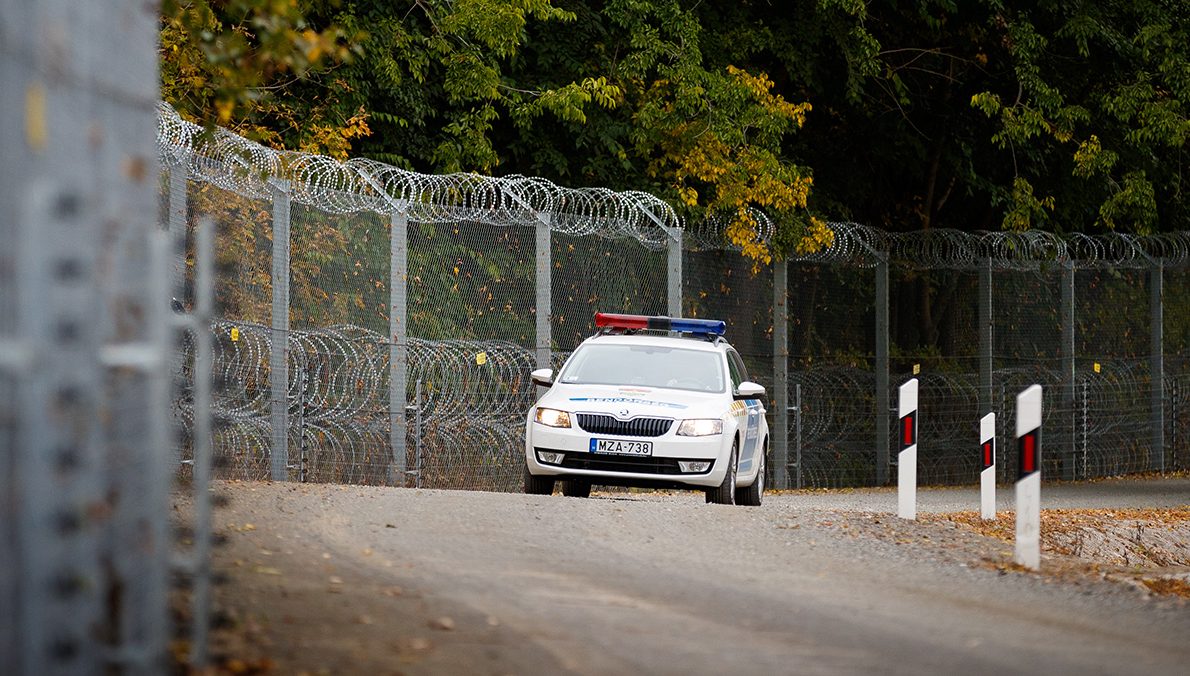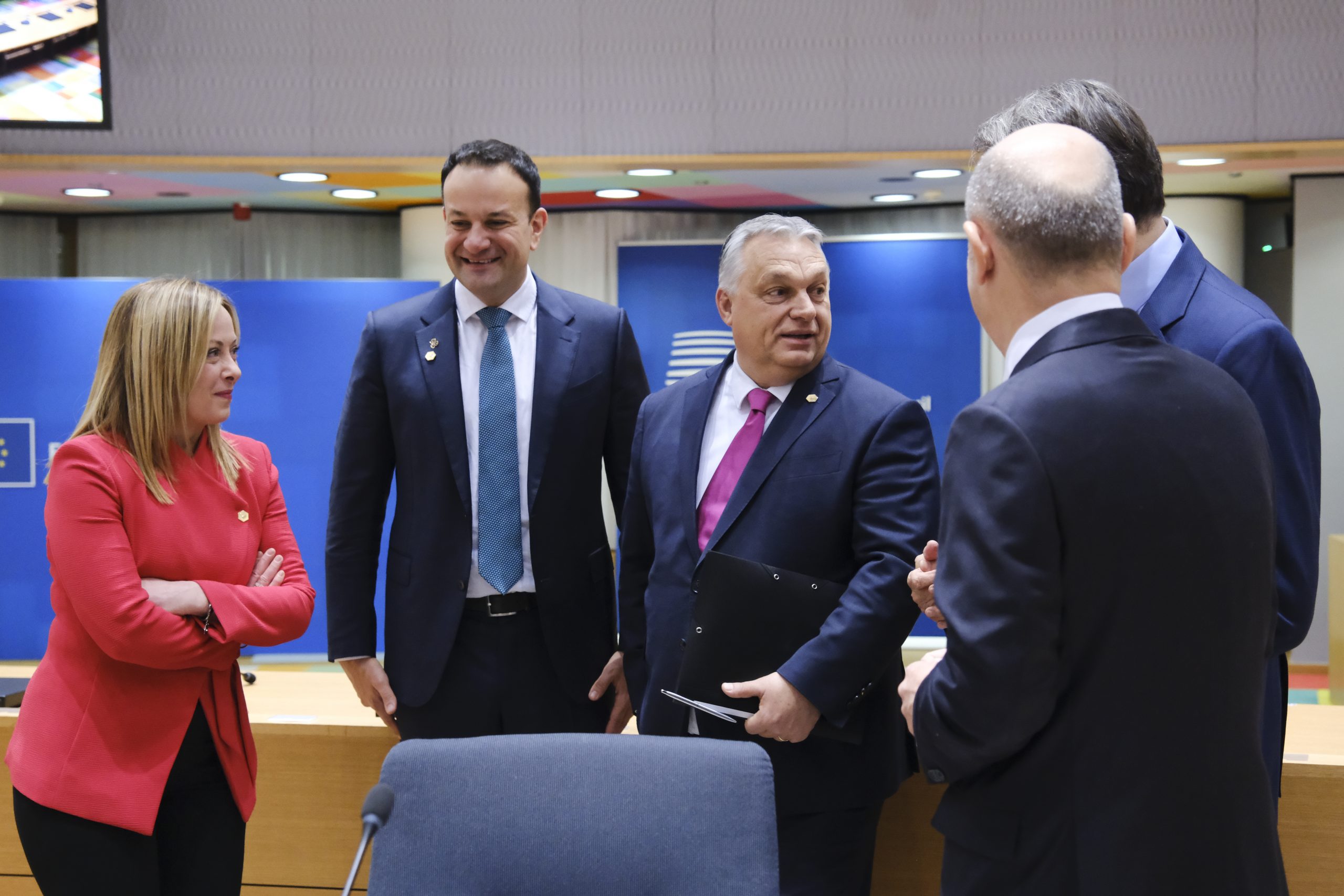
Almost two-thirds of left-wing voters are on the government's side on this issue.Continue reading

The pressure of migration keeps intensifying, and the future of Europe depends on the protection of borders, Prime Minister Viktor Orbán said in a Facebook video on Friday evening, after the EU summit.
Viktor Orbán pointed out that EU leaders discussed migration until 3 AM, “the pressure of migration was intensifying, it is slowly becoming unbearable even for countries in the West”.
“We cannot delay this any further, we had to face up to the situation and had to lay down clearly that Europe was in grave danger,” he said. According to the prime minister, member states agree that action must be taken urgently.
Now, the only question is whether the bureaucrats sitting on the Commission in Brussels also understand that action must be taken immediately,”
Orbán added. “For instance, the legal procedures against Hungary must be suspended or revoked, and member states, including Hungary, must be given support to build fences and to reinforce the protection of their borders,” he explained. “This is what the future of Europe depends on,” Orbán added.
In its closing statement, the European Council “calls on the Commission to immediately mobilize substantial EU funds and means to support Member States in reinforcing border protection capabilities and infrastructure, means of surveillance, including aerial surveillance, and equipment. In this context, the European Council invites the Commission to quickly finalize the European Integrated Border Management Strategy”.
According to Politico, financing border fences is still a red line for the Commission. One of the EU leaders, who demanded Brussels to provide funds for this purpose was Austrian Chancellor Karl Nehammer, who seemed pleased with the outcome of the summit. According to Politico, he told journalists that “the Commission has now agreed to provide substantial support”. He said this means that “an EU border country like Bulgaria can now use Brussels money for border personnel and vehicles, then use its own money to strengthen the border fence.” According to Nehammer,
the EU is de facto paying for border fences, even if it says it is not”.
Featured photo via the European Council